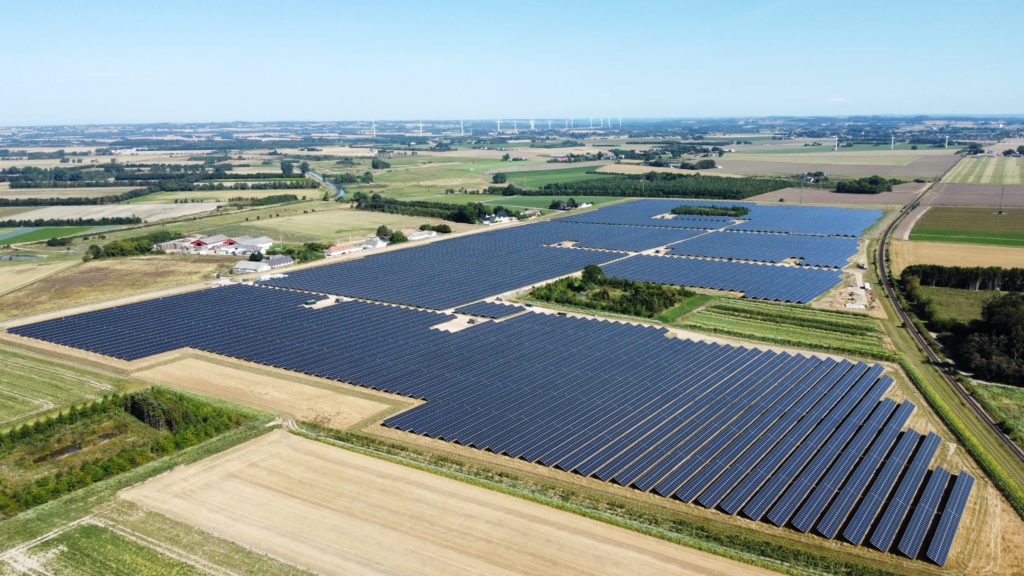
Disruptions to Europe’s climate could pose challenges for new and existing solar project developers on the continent, but also provide opportunities for new ways of working, according to speakers at a PV Tech event held online in November.
During the webinar, The New Normal: Navigating Climate Risks in Europe’s Solar Energy Transition, Roberta Boscolo, climate and energy leader at the World Meteorological Organisation; Anthony Doherty, chief investment officer at NTR; Monika Paplaczyk, an investment director at Thrive Renewables; and Mark Wakeford, the chairman of EvoEnergy discussed challenges for European solar planning and delivery.
Try Premium for just $1
- Full premium access for the first month at only $1
- Converts to an annual rate after 30 days unless cancelled
- Cancel anytime during the trial period
Premium Benefits
- Expert industry analysis and interviews
- Digital access to PV Tech Power journal
- Exclusive event discounts
Or get the full Premium subscription right away
Or continue reading this article for free
Boscolo, in particular, drew attention to how climate change could impede solar project planning and delivery, with changes in temperature providing a challenge for solar operational efficiency.
To use a module widely used in the sector as an example, First Solar’s Series 7 thin film cadmium telluride panels have a temperature coefficient of 0.32% per degree Celsius, meaning that they lose 0.32% of their power output for each degree outside of the range of 25-75 degrees Celsius, and changes in Europe’s climate could affect the effectiveness of individual panels, and entire projects as a result.
Uncertainty over the efficiency of such panels has also contributed to concerns about the financial viability of some projects, at a time where there is more money in the solar sector than ever before. According to US electronics distributor Avnet, in the first five months of this year, European solar start-ups received €5.6 billion (US$6 billion) in funding, a new record for the region.
However, there were notes of optimism in the discussion, with speakers suggesting that these challenges could encourage solar developers and investors to work in new ways. One example mentioned was agrivoltaics, with Europe having the potential to install 51TW of solar capacity in the agrivoltaic sector alone, and building solar projects that are more integrated into the environment could help protect the sector from future disruptions to the European climate.






